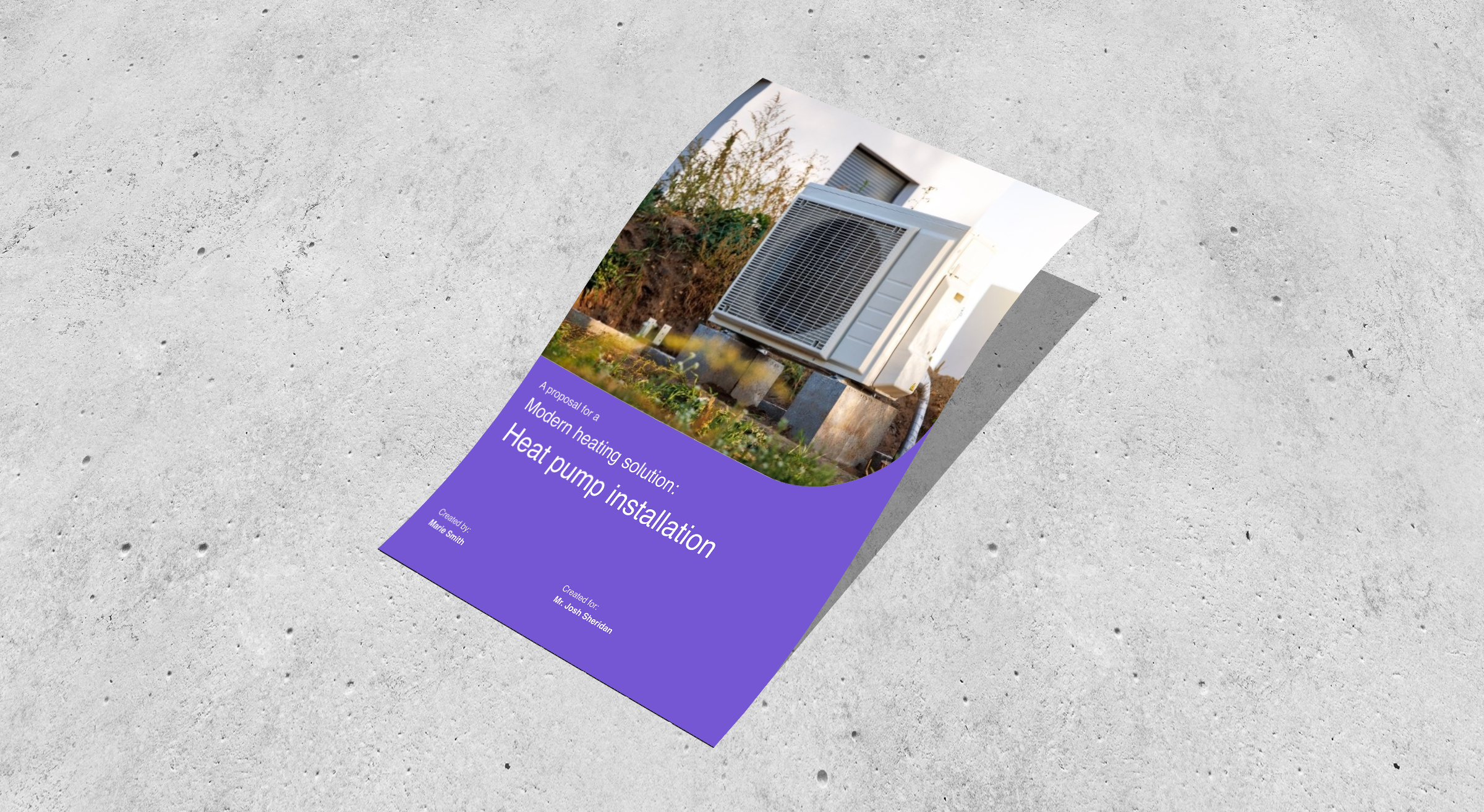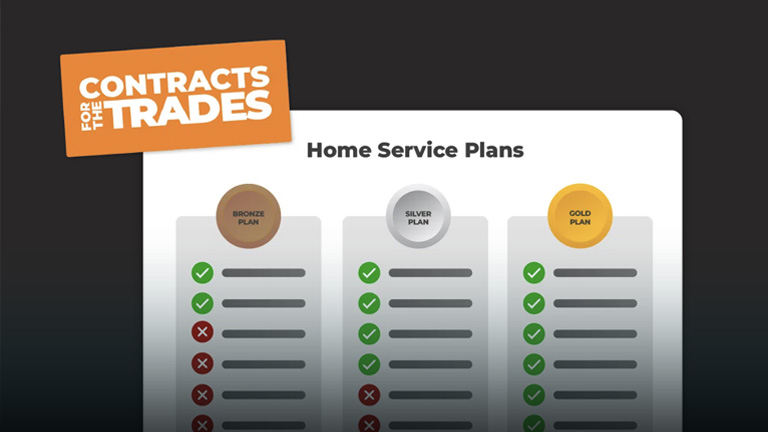Losing Talented Employees? Here’s How You Can Bounce Back
November 22, 2021 | Read: 11 minutes

Losing a good employee will happen from time to time.
However, it’s how you handle the loss that can make the difference between a successful business and one that flounders…
Your employees may move on for all sorts of different reasons.
Sometimes it’s because of pull factors—like better pay or appealing perks—and other times, there’re push factors—like when an employer clearly doesn’t have an employees wellbeing at heart.
It can often be a mix of pull and push factors that lead to losing a good employee. However, while you may not always be able to compete with the pull factors, there’s a lot you can do to prevent pushing employees to leave.
Below, we’ll explore some practical tips that will help you to create a workplace that encourages employees to stay:

Why are you losing a good employee?
If you’re keen to understand why you’re losing good employees, it helps to reflect.
If you take the time to understand the external factors that are impacting your company as well as think about the way you treat staff, you’ll start to see why you might be vulnerable to losing good employees.
For instance, it’s true that the field service industry is experiencing an employment crisis. Fix Radio reported that:
“Recruitment costs for trades businesses have risen by at least 30%” and of the businesses they surveyed, “40% said they’ve had problems with recruitment and fulfilling roles.”
There are many more factors that businesses will struggle against, too, including:
- Difficulty attracting and educating young employees about the trades
- Coping with an ageing workforce and losing top talent
- Lingering pressures from the pandemic
- Rising cost of living and inflation impacting customer’s ability to spend

These factors can help explain why you might be losing a good employee, even when things are going well. But as we said, staff turnover is inevitable: your goal should be to minimise turnover and by doing so, reduce its impact on your business. After all, you don’t want a revolving door of employees, as this can lead to a chaotic and uncomfortable work environment, and the impact of this can cascade if you’re not careful.
Fortunately, staff turnover can even be good for businesses.
It can help motivate staff when new opportunities present themselves. Equally, hiring “new blood” encourages innovation and can improve a company‘s productivity with fresh energy and ideas. It might even positively impact company culture, encouraging people to stay.
What do you do when faced with losing a good employee?
There are many ways to improve customer journeys, but to limit the impact of employee turnover affecting your services, there’s plenty of action you can take.
Let’s take a look at what you can do when you do lose a talented employee and what the impact could be:
1. Agree on the terms of exit
Most employee contracts stipulate a set notice period (if not, this is something you should address), typically of one month. The period may be longer for managers, or for employees who’ve been around for more years. That’s because their departure is more likely to have a greater impact.
It’s not unusual for contracts to add at least a couple of weeks to a notice period for each additional year that an employee has worked, capping out at 2-3 months, depending on their position.

Of course, if both parties are able to come to an agreement, you don’t always have to stick to your notice period. It’s why having a good relationship with your staff can mean they’ll feel more comfortable being honest with you when they make it clear they’re moving on.
Whatever the length of notice, being aware of the time frame will help everyone to better manage their departure. This gives you time to spend looking for a new hire, but also ensures work is handed off and that knowledge and expertise are passed on to other employees.
That’s also especially helpful to your customers, who may be affected if an engineer leaves during a longer project. Mismanagement can damage trust and the last thing you want is for a bad exit to impact your customer relationships.
The same can be said of an exiting employee influencing remaining colleagues, too. If mishandled, it can be disruptive if not well communicated and planned for. An open conversation will always make it easier to prepare with a transition.
2. Hold an exit interview
If someone has decided to leave then it’s helpful to understand why. An exit interview is a great opportunity to collect feedback and learn. Choose a time that works for both parties and conduct it in a friendly and open atmosphere.
Treat these interviews as an opportunity to gain insight into the real reasons behind why they are leaving (people are more likely to give you honest answers when they have nothing to lose). You might even get some ideas on how you can improve your business.
They may indicate that certain pressures are causing them stress, or even putting them off from staying at the company.
Working with HR can also be helpful here, as they can help you to navigate the interview process, or conduct the meeting themselves.
During the interview, don’t hold back from saying that you are sorry to see the employee go and that you wish them good luck in the future. The field service industry is a collaborative place, so don’t burn bridges if you can help it. After all, you never know, an employee may be open to returning at a later date.
“Employees who have a positive exit experience are 2.9 times more likely to recommend their organization to others than are those who have neutral or negative experiences.”
Gallup
Useful questions to ask employees in an exit interview:
- “Why have you decided to leave?/What influenced your decision to go?”. It may sound direct, but it’s an effective question that will help you get a straight answer.
- “What would you change about your job?/What could we have done differently?”. This is a great way to get ideas about how you might adapt the role, interview process, or otherwise collect feedback about being their employee. Their insights may positively impact how you go about hiring your next employee, or influence the training you provide.
- “How did you feel about your workload?”. Again, the information can help you weigh up if anything needs changing. i.e. Do you need to hire more people, spread workloads more evenly, or even just try to improve the way you organise your team’s day?
For more ideas, check out TotalJobs who have a full list of questions to ask during an exit interview.
3. Start looking for a replacement
If the employee’s departure is going to leave you short-handed, you should start looking for a replacement immediately. Recruitment takes time – typically one to three months – and, even when you do find a suitable candidate, it’s likely they’ll have to serve a notice period of their own, too.
The ideal scenario is to bring someone onboard so that there’s crossover of at least a week or two so that there’s an opportunity to pass on knowledge and so have a smoother transition.
On the other hand, if you believe you can cope without the extra headcount (maybe you’re using excellent job scheduling software), then go ahead and bring them on board when you’re ready.
4. Manage the handover of responsibilities to other team members
If the exiting employee – whether an engineer or office staff – has open jobs or exclusive responsibilities, it should be a priority to have someone else take them over.
For example, if an engineer has a direct personal relationship with an important client, it would be a good idea to have them introduce their replacement at a meeting or on a call.
Equally, if the employee knows his or her way around your computer systems better than anyone else, that knowledge needs to be shared. Work with them to produce documents, user guides, and tutorials which will help others take over. Documents are great, but videos and visual guides are best. A screen recording too like Loom can be especially helpful.
Whilst useful for anyone, these this particular method of learning is preferred by younger generations, too:
“With millennials well versed in mobile technology, embracing mobile field service apps is a quick way to get new hires up and running. The knowledge of all your older technicians can be accessed on the mobile field service app through service history.”
Field Technologies Online
5. Sort out P45 and payroll tasks
Inevitably, having an employee leave means dealing with paperwork.
You don’t want to waste time or drag your feet, not only is it inconvenient for the ex-employee, but it’s an inconvenience for you, too.
Issue the leaver with their P45 and make sure that there are no loose ends, such as holiday pay entitlement, pension payments, etc.
While you should already have a process in place to handle this, it’s worth mentioning to be sure you’re up to date with best practices. You can also take a look at this step-by-step guide on the HM Revenue and Customs website.
6. Remove the employee’s email and system accounts
You’ll be surprised at how many companies forget to do this!
It is frustrating for customers if they send emails to employees who are no longer with you. Leaving database accounts with engineers or office staff who have left can cause administrative headaches.
For example, if you use Google Accounts and Gmail, before deleting the user’s account completely, you should first restrict access from the account and redirect their emails.
If you give it a couple of weeks before you fully delete their account, you can be more certain that everyone has access to the files and folders they need and that emails are being sent to the correct people, even after their departure.
If handled improperly, there may be a security risk to customer and company data or even to a customers’ private data. Open and unused accounts may also leave you vulnerable to hackers, so make sure they’re properly deleted and blocked.
7. Bid them a fond farewell
Saying goodbye isn’t always easy, especially if you’ve worked with a colleague for years. Whether they’re moving on to a new role, or perhaps retiring from the industry, then saying goodbye is an important step in helping everyone to move on.
It can sound a bit twee, but there’s no harm in showing emotion to a colleague you respect, and who may even be a valued friend.
A farewell event, especially for an employee who has been with you for some time, is not only the right thing to do, but it’s also good for morale with remaining staff. Ideally, this should be done on the employee’s last day, but certainly after the exit interview is over.
Colleagues might also wish to organise an event or leaving gift of some kind, but it’s nice if the owner or other senior staff get involved, too.
Here’s how to recover from losing a good employee:
Whether it was a brilliant engineer, a savvy sales manager, or a dedicated office manager, losing a team member can be difficult.
Of course, it’s the processes you have in place that will help your business to keep moving. They’ll help your business function as smoothly as possible a meaning you’re less likely to face disruption.
You may even more easily attract new staff, whilst encouraging others to stay. To help with that, we’ve prepared a short infographic to highlight the hiring process.
When you have a system in place, like field service management software, you can easily manage employees while streamlining other parts of your business, like customer invoicing as well!
And if you like what you saw today, consider subscribing to the Commusoft Newsletter, too!









